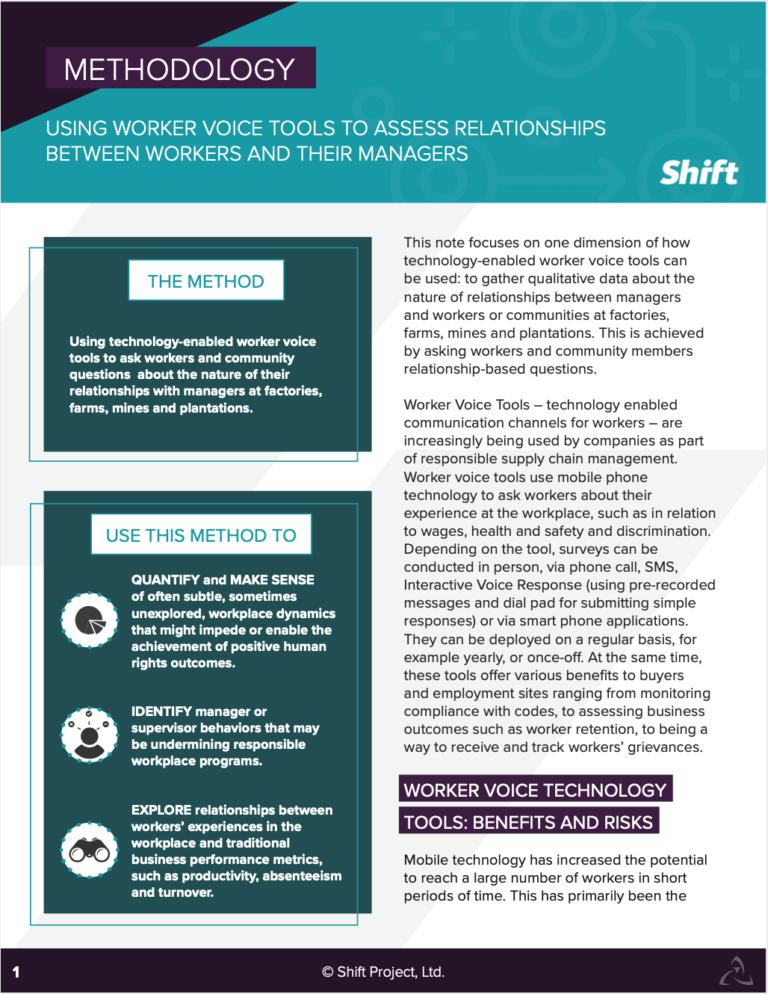Children’s Rights and Business Principles (CRBP)
GuidanceDeveloped by UNICEF, the UN Global Compact and Save the Children – the Children’s Rights and Business Principles are the first comprehensive set of principles to guide companies on the full range of actions they can take in the workplace, marke...Read More

